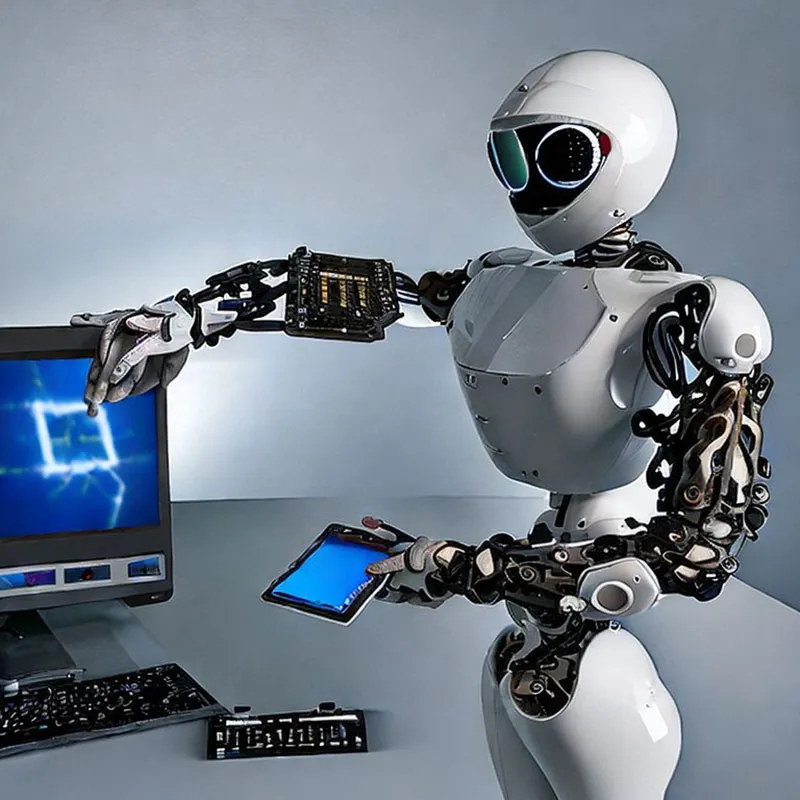Artificial intelligence (AI) is rapidly transforming industries and reshaping the future of work. While AI has the potential to automate routine tasks and increase productivity, it also raises concerns about job displacement and the need for new skills. In this article, we delve into the impact of AI on the workforce and discuss strategies to adapt to the changing landscape.
AI's Impact on the Job Market
Job Automation:
- Routine Tasks: AI-powered automation can streamline repetitive tasks, freeing up human workers to focus on more creative and strategic work.
- Job Displacement: While automation can lead to job losses in certain sectors, it can also create new job opportunities in AI development, data science, and other related fields.
Skill Enhancement:
- Augmented Intelligence: AI can enhance human capabilities by providing insights, automating tasks, and improving decision-making.
- Upskilling and Reskilling: Workers will need to continually acquire new skills to remain competitive in the AI-driven economy.
New Job Opportunities:
- AI Development and Maintenance: As AI technology advances, there will be a growing demand for AI engineers, data scientists, and machine learning experts.
- AI-Enabled Services: AI can create new industries and job roles, such as AI-powered customer service, personalized healthcare, and autonomous transportation.
Preparing for the Future of Work
To thrive in the AI era, individuals and organizations need to adopt a proactive approach:
- Lifelong Learning: Continuously update skills and knowledge to stay relevant in a rapidly changing job market.
- Embrace Digital Skills: Develop proficiency in digital tools, data analysis, and programming.
- Foster Human-AI Collaboration: Learn to work effectively with AI systems and leverage their capabilities to enhance productivity and creativity.
- Develop Soft Skills: Cultivate strong communication, problem-solving, and critical thinking skills, as these will be increasingly valuable in an AI-driven world.
- Adapt to Change: Be open to new opportunities and willing to embrace change.
Conclusion
AI is poised to revolutionize the future of work, creating both challenges and opportunities. By understanding the impact of AI and taking proactive steps to adapt, individuals and organizations can thrive in the age of artificial intelligence.
Powered by Froala Editor
